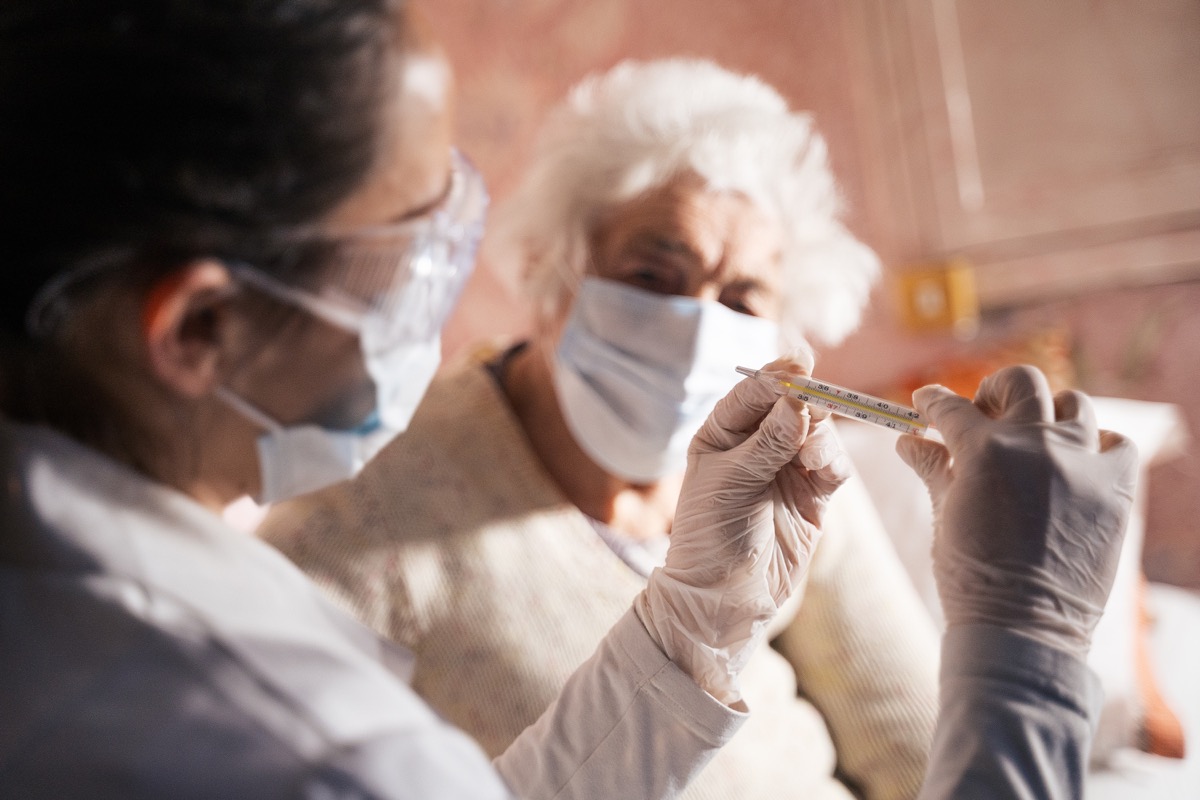“Individually, that means if you had it, you have to be just as careful as if you didn’t have it, because you might get it again, and it might cause exactly the same disease as it caused the first time, or worse,” William Haseltine, a former professor at Harvard Medical School and current president of ACCESS Health International, told CNN during a July 13 interview. RELATED: For more up-to-date information, sign up for our daily newsletter. According to Haseltine, the coronavirus behind COVID-19 is different from the viruses behind infections like the measles or mumps, which you can get once and then be “protected for life.” Instead, this coronavirus is similar to other viruses which give us things like the common cold, where your body essentially “forgets” it was ever infected, allowing for reinfection. “Every year, the same four coronaviruses come back to give us colds … If you have one of those coronaviruses, it can cause the exact same disease a year later,” Haseltine previously told CNN on June 23. Haseltine’s remarks have been backed up by three separate studies. The first was a June study from China published in Nature Medicine that showed antibodies faded quickly in both asymptomatic and symptomatic COVID patients. Then came a Spanish study published on July 5 in The Lancet, which casted doubt on the prospect of herd immunity, as only around 5 percent of the Spanish population had developed antibodies—a far cry from the 70 to 90 percent needed to help stop the spread of the virus through herd immunity. The most recent study comes from the United Kingdom, published on July 11 by King’s College London. This study, which has not yet been peer-reviewed, found that the level of antibodies needed to combat the coronavirus declined quickly after just three weeks from the start of the infection. According to Haseltine, herd immunity is a “fantasy” for COVID-19. While it happens for some viruses, he says it “doesn’t look like it’s going to happen for this one.“ae0fcc31ae342fd3a1346ebb1f342fcb “Herd immunity depends on long-lasting immunity, and if it doesn’t exist, you can’t get herd immunity,” he said. “This [coronavirus] looks just like its brothers and sisters, except it’s a lot nastier.” And for more on reinfection, If You’re Asymptomatic, You May Be More Likely to Get the Coronavirus Again.
